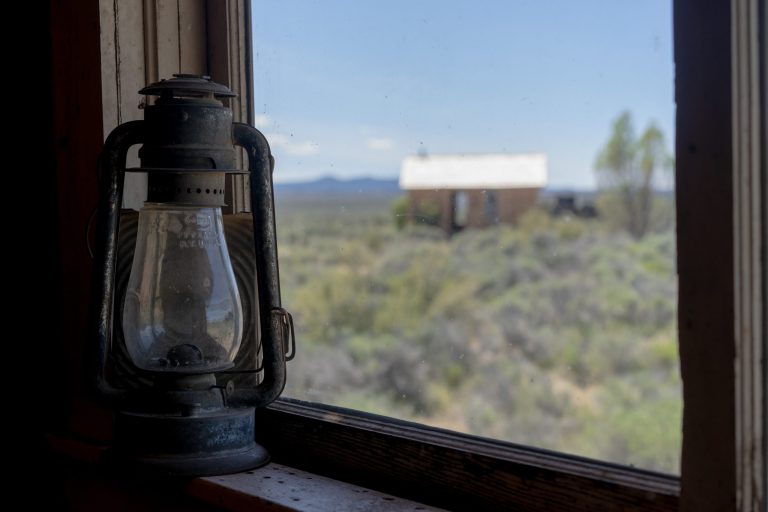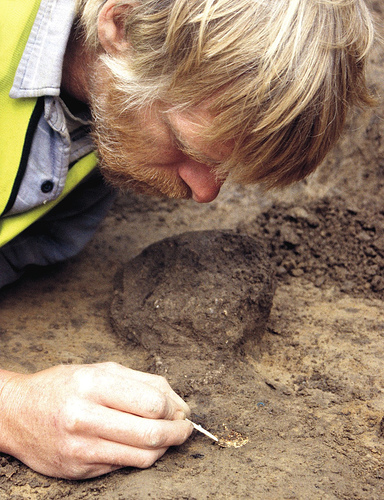5 Steps to Write Thrilling Historical Fiction for Teens
Today’s guest post is by author Phyllis Still. Have you discovered an intriguing character or story from history? You believe…

Today’s guest post is by author Phyllis Still. Have you discovered an intriguing character or story from history? You believe…

Today’s guest post is by Beth Castrodale. Given the wealth of information available online, there’s never been a better time…

For this week’s Throwback Thursday, we’re looking at an excerpt from a previous post titled Fact or Fiction? How Novelists Can…

Today’s guest post is by author Jack Woodville London, whose new book A Novel Approach, just released: Readers who have some…

Subscribe to my email blasts to level up your writing and be notified of upcoming events and offers!
No products in the cart.